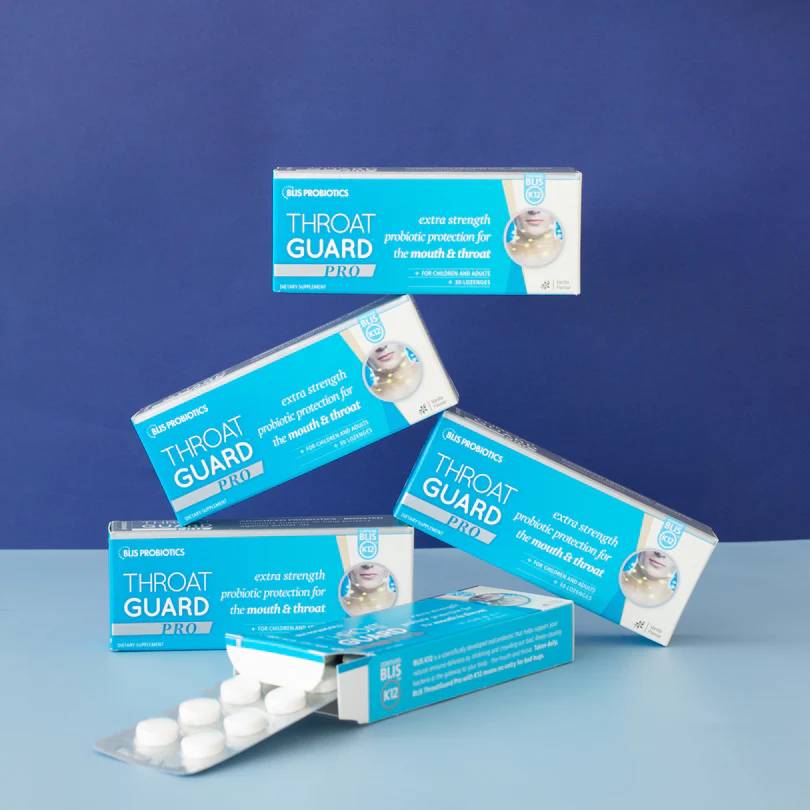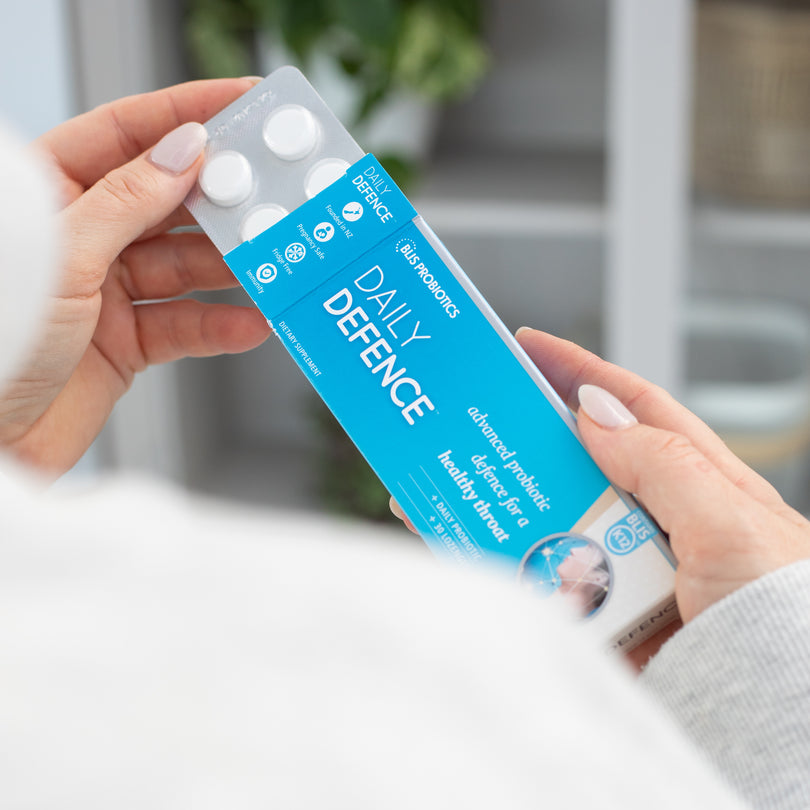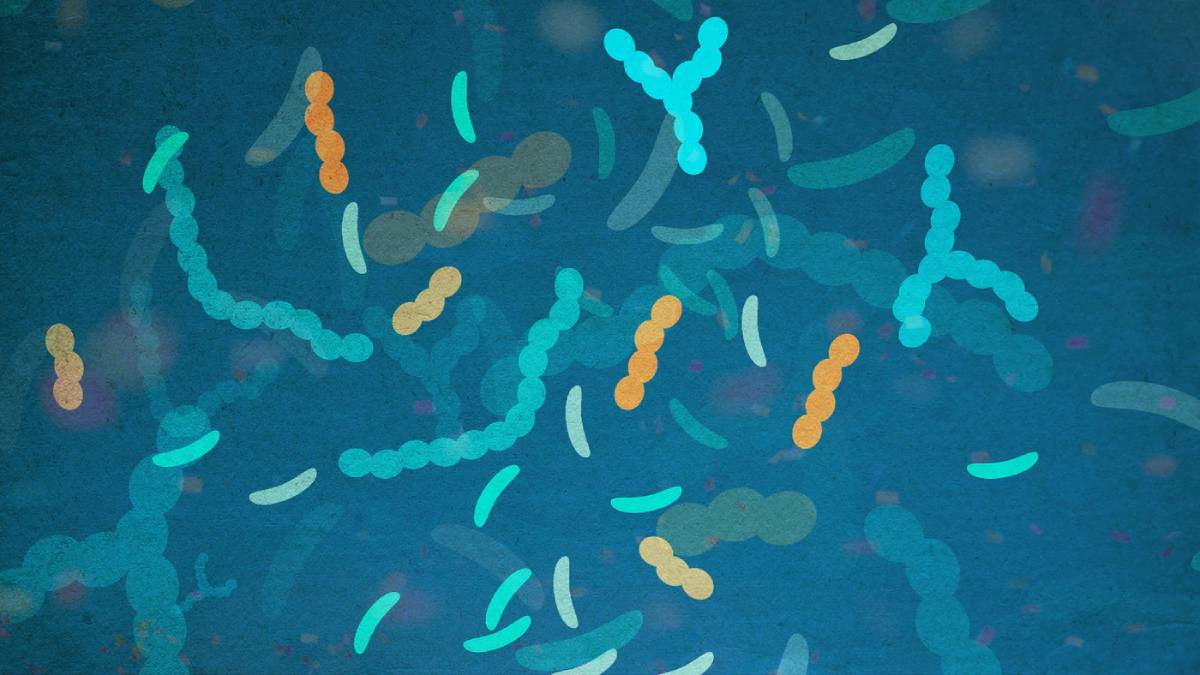*The content of this blog has been updated on 10/04/2024.
Lately, it seems like every supermarket and chemist shelf is brimming with products geared towards good bacteria; kombucha, probiotics, prebiotics, and all sorts of vinegar. So why the sudden interest? The answer lies in our deepening understanding of human microbiomes and their critical function in our health.
What is a Microbiome?
The concept of the microbiome refers to the vast community of microorganisms, including bacteria, that live on and within our bodies. These microscopic tenants outnumber our human cells three to one, underscoring their significance in our physiological ecosystem. Different human microbiomes are involved in numerous key processes that affect our health, ranging from digestion and immunity to even mental well-being. Most people have heard of the gut microbiome, but the lungs, skin, mouth and genitals all have their own unique microbiome.
Research reveals that these microorganisms don't just reside in our gut but inhabit virtually every part of our body, from the skin and mouth to the gut and beyond, creating specific micro-ecosystems. This discovery emphasises the microbiome's extensive role in our health, influencing everything from our digestive system's efficiency to our skin's health and our oral hygiene.
How to Improve Your Microbiome
Each part of your body hosts a unique microbiome 'fingerprint', necessitating tailored approaches to support these regional ecosystems. For instance, specific strains of bacteria beneficial to the gums, throat, and oral cavity can promote oral health naturally, while topical probiotics can enhance skin health. By targeting these distinct microbial communities, we can support not only localised microbiome health but also contribute to a more robust and interconnected system of well-being. “The oral microbiome and the gut microbiome are dominated by different species of bacteria, but they have great influence over each other. For example, a person with gut dysbiosis is more likely to have oral health issues and vice versa.” Dr Michael Ruscio DC
For example, the gut microbiome is crucial to digestion, our immune system and mental health. But how can we improve our microbiome?
Dietary Changes
Dietary changes are the most natural way to improve your microbiome. Prebiotic-rich foods are specialised plant fibres that feed your gut's good bacteria. Foods high in prebiotics, like onions, garlic, leeks, asparagus, bananas, and oats, help maintain a balanced and flourishing gut microbiome.Consuming more probiotics-rich foods like yoghurt, kefir, sauerkraut, and kimchi is beneficial to contribute to the health and balance of your microbiome.
Choose Quality Probiotic Supplements
For targeted support, high-quality probiotic supplements can offer specific strains of beneficial bacteria. Products like BLIS M18™ and BLIS K12™, designed to support oral and overall microbiome health, can be an effective part of your strategy.
Frequently Asked Questions
What is a Microbiome in Simple Terms?
The microbiome refers to the complex community of microorganisms, including bacteria, fungi, and viruses, that live on and inside the human body. These microorganisms play crucial roles in maintaining health by aiding in digestion, supporting the immune system, and protecting against harmful bacteria.
Is Your Microbiome Your Gut?
While the term "microbiome" can refer to all microorganisms in the body, it is often used interchangeably with "gut microbiome," which specifically denotes the microorganisms residing in the gastrointestinal tract. However, the microbiome extends beyond the gut to include other areas such as the skin, mouth, and respiratory tract.
What is the Meaning of Microbiomics?
Microbiomics is the study of microbiomes, the vast communities of microorganisms living in and on living organisms, including humans. This field investigates the composition, function, and dynamics of microbiomes, aiming to understand their impact on host health and disease.
By recognising the integral role of our body’s multiple microbiomes in our health, particularly beyond just the gut, BLIS Probiotics is at the forefront of developing targeted solutions that support not only the digestive system but also contribute to a holistic approach to well-being. Remember, maintaining balanced microbiomes is essential for overall health, and it begins with understanding and supporting these complex microbial communities within us.






